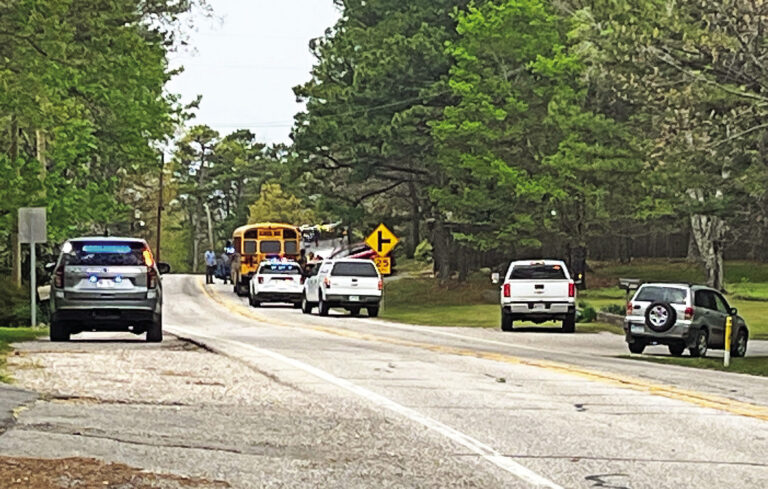The Holiday Island City Council continued to discuss rules and regulations for business licenses at an Aug. 31 workshop.
Mayor Dan Kees and council members discussed examples of business license ordinances from Fayetteville, Tontitown and Eureka Springs, what is best for Holiday Island, and possibly factoring short-term rentals into the equation.
“We’ve had a workshop on business licenses before and we’ve had a workshop on short-term rentals, at least one or two workshops, and we’ve accomplished a lot,” Kees told council members. “We’ve established a lot of good information. But I also feel like we keep kind of talking ourselves in a circle.”
That circle includes whether an ordinance on business licenses is something the city needs to establish right away and if short-term rentals should be part of the business license process.
“Are we going to have one business license where short-term rentals is just one type of business license, or are we going to have two licensing systems where a short-term rental will have to get a business license under the business license ordinance and then also get a short-term rental license under the shortterm rental ordinance?” Kees asked.
Kees presented proposals to council members and laid out his opinion on why business licenses are important for the city.
“I think business licensing is important because it ensures that businesses operate legally and safely,” the mayor said. “It protects the public’s health and safety and holds companies accountable for their actions and their behavior.
“A registry of businesses allows for better communication between the city and the businesses should the city need to communicate on pending issues. A business registry would assist the city in evaluating the economic health of the city and in determining needs and opportunities, strengths and weaknesses of the business environment.”
Regardless of its part of the business license process, short-term rentals will still follow rules and have to be issued conditional use permits, Kees said.
“The CUP is a separate issue and it always will be a separate issue because it’s in our zoning ordinance that a short-term rental operating in an R-1 residential area requires a conditional use permit,” he said. “That process is going to have to be satisfied no matter what we do with the licensing.
Council members spent a lot of time at the workshop discussing business license fees and possible limits for the number of shortterm rentals allowed in areas of the city.
“In the last workshop we all agreed I thought that we don’t need to put a cap [on short-term rentals] … that market saturation will take care of that and we don’t have to worry about over-populating Holiday Island with short-term rentals” Kees said. “But, I did think that it might be worth a look at just to make sure that we don’t have concentrations of them.”
Kees referred to a nearby street that has numerous short-term rentals.
“And when they’re all rented … there is nothing but vehicles up and down the block and the people who are permanent residents basically have to give up their whole neighborhood to short-term rentals. So, I do think there could be some advantage to seeing … a certain concentration limit. I don’t know what the right number is.”
Randy Ates, Holiday Island’s fire chief, told council members that as they continue discussions he would like them to add that a fire inspection be required as part of the process.
“I would like to make a recommendation that should the city of Holiday Island adopt a business license process, the business license itself includes as one of the requirements that before a business license is issued, the prospective business must have successfully passed a fire inspection conducted by the fire department or by code enforcement, or by the city inspector,” Ates said. “That keeps everybody on the same page in regard to state and local rules and regulations and would cut out some of the confusion.”
Ates suggested that current businesses be grandfathered in regarding the inspection requirement.
“We again strongly expect the businesses in town to make sure they are in compliance of fire code,” he said.
A council member asked Ates if his recommendation includes home-based businesses.
“I would not include those in the process from a personal standpoint,” Ates said. “I love toy trains and in my basement I fix and resell toy trains. Some people could construe that as a business. I don’t see a reason for us as a fire department going into people’s homes, trying to dictate what we’re doing in one room or part of their basement in their home.
“I think that’s overstepping … I’m referring more to places open to the public.”
Kees asked council members to review business ordinance examples and email him suggestions. He would then develop a draft ordinance from the suggestions and present it at a future council meeting.

